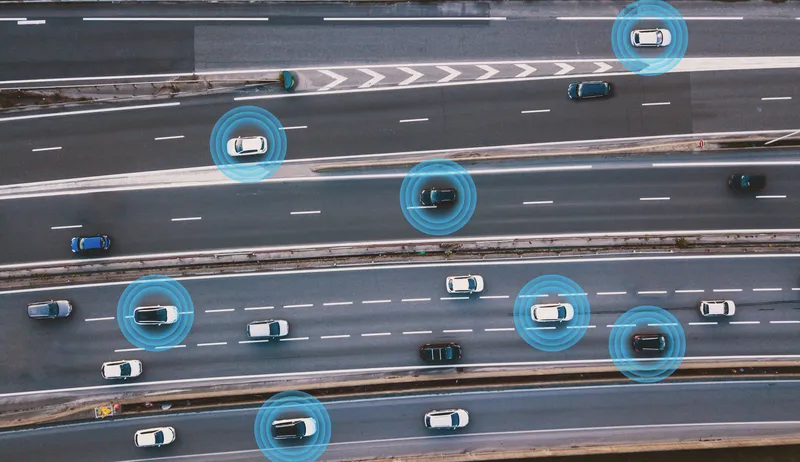According to the report, the major driving factor for this market remains advances in technologies, such as machine learning, artificial intelligence (AI) and predictive maintenance to enhance fleet management, as well as increasing use of real-time data collected from sensors and global positioning system (GPS) tracking devices. Automotive players leveraging vehicle analytics to enhance customer experience and advances towards autonomous vehicles are the key opportunities that would fuel the growth of the vehicle analytics market.
With connected traffic management systems offering digital road maps of cities, this application is expected to be adopted significantly. Robust navigation systems would not only be helpful to the drivers in identifying the fastest route but would also help them to distinguish the most fuel-efficient route. Cab aggregators such as Uber and Ola are expected to leverage more of this application.
Moreover, with the increasing adoption of smart cities, real-time mobility is expected to gain a substantial adoption. Real-time analytics of data captured from sensors of other cars would be used in smart parking and other similar areas.
The on-demand deployment model makes use of the cloud to deliver solutions to users. Scalability and agility of cloud-based technologies are increasing the adoption of cloud-based vehicle analytics solutions. In the cloud deployment model, organisations do not have to deal with the complexities involved in integration, installation, configuration, optimisation, maintenance and support, as these are in most cases managed or hosted by a third-party service provider.
The vehicle analytics market is segmented based on regions including North America, Asia Pacific (APAC), Europe, Middle East and Africa (MEA), and Latin America. North America has always been a frontrunner in adopting new paradigms related to innovative technologies and disruptive practices. The reason behind the early adopters is due to well-established and financially intensive economies and the presence of mostly all the largest conglomerates of the world such as IBM, Microsoft, SAP, and SAS Institute. Technology companies such as Google, Apple and AT&T have all contributed to the growing US market. Communications provider AT&T has contributed a fair share in the connected car ecosystem in the region. The company added 2.7 million connected cars in the first three-quarters of 2015. The region propelled by the electronic logging device (ELD) mandate, CSA Compliance, Safety, and Accountability (CSA), and Hours of Service Solution (HOS) revisions would be the key drivers for the massive adoption of vehicle analytics software and services in the region.
Vehicle analytics market ‘to grow by 26 per cent by 2022’
A new market research report by MarketsandMarkets estimates that the market for vehicle analytics will grow from US$1124.1 million in 2017 to US$3637.4 million by 2022, at a Compound Annual Growth Rate (CAGR) of 26.5 per cent.
According to the report, the major driving factor for this market remains advances in technologies, such as machine learning, artificial intelligence (AI) and predictive maintenance to enhance fleet management, as well as increasing use of real-time data collected from sensors and
September 19, 2017
Read time: 3 mins
A new market research report by 6418 MarketsandMarkets estimates that the market for vehicle analytics will grow from US$1124.1 million in 2017 to US$3637.4 million by 2022, at a Compound Annual Growth Rate (CAGR) of 26.5 per cent.










